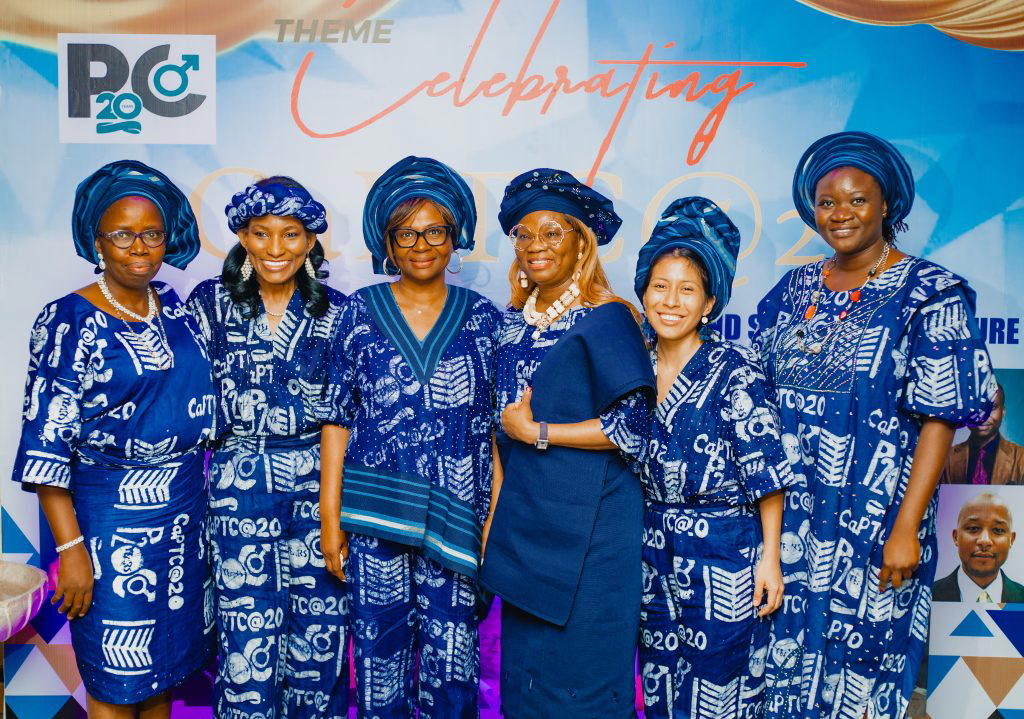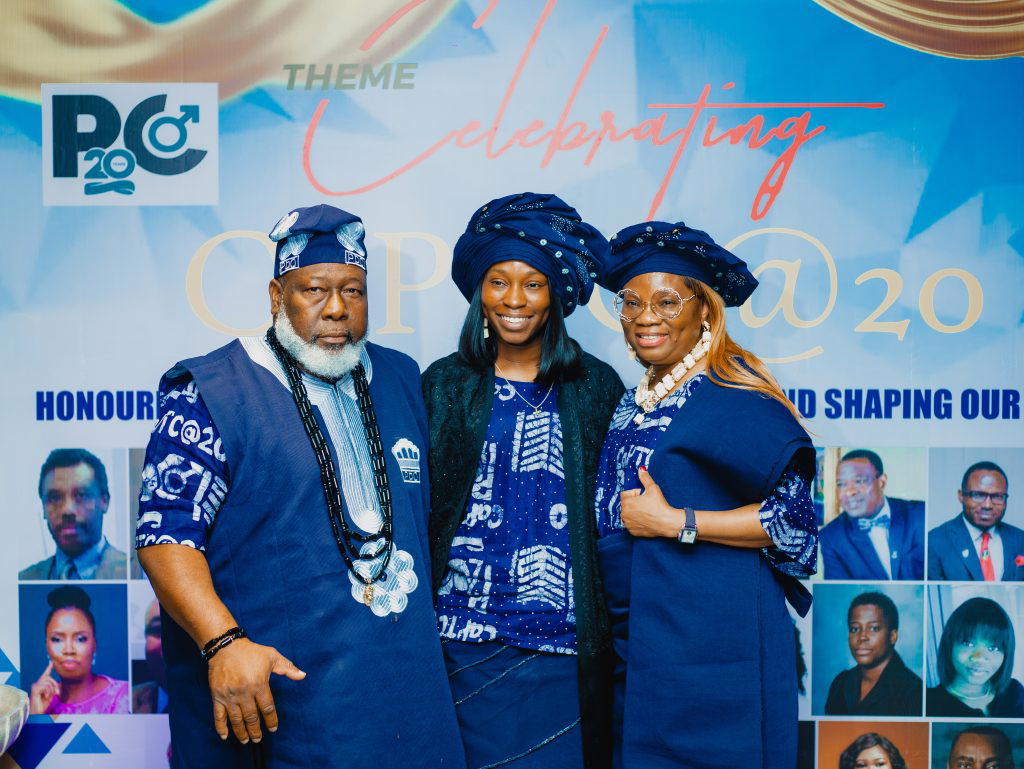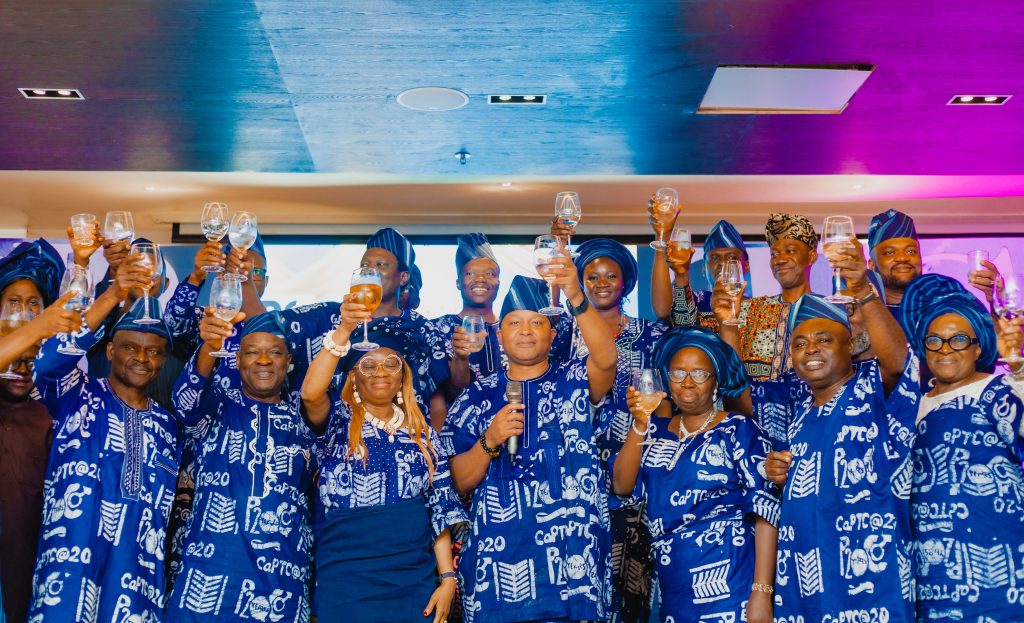The call for stronger awareness, research, and tailored treatments in the fight against prostate cancer was renewed in Lagos on Friday as the Prostate Cancer Transatlantic Consortium (CapTC) celebrated its 20th anniversary.
The network, which brings together researchers, clinicians, and advocates across continents, has spent two decades advancing knowledge and treatment options for African men who are disproportionately affected by the disease.

At the anniversary celebration, stakeholders emphasised that while significant progress has been made in genetics, clinical trials, and survivor advocacy, more investment and awareness are still urgently needed.
Delivering the keynote address, Prof. Clayton C. Yates stressed the importance of education and early diagnosis.
“We need education, we need to inform men about prostate cancer, what we do know is that if men are diagnosed of prostate cancer early, it can be treated and that person can be cured. So education is the key. The second thing is better treatment. And treatment that works in the western world might not fit here in Africa, so we need to make sure that the treatment are tailored to the community, we can all do it if we come together, it is doable,” he said.
On his part, Prof. Solomon Rotimi of Covenant University highlighted the advances made in understanding prostate cancer in Nigerian men.
“Twenty years after, our consortium was the first to demonstrate the genetic characteristics of prostate cancer as occurs in Nigerian men, and the importance of that is based on those genetics information. We understood that there are classes of drugs that Nigerian men will benefit from, without these information, those stages of prostate cancer would have been classified as untreatable. When you do more research as we have done, you can identify new ways to treat these diseases. We have also identified the importance of Vitamin D in controlling prostate cancer, in reducing the aggravation of that disease,” he explained.
Founder of the consortium, Prof. Folakemi Odedina, reflected on the journey so far, noting the consortium’s impact in clinical research and treatment collaborations.
Odedina explained that without evidence-based studies, it would be impossible to design effective strategies for prevention, control, and treatment
“We have made differences over the years, one of the most significant differences we have made has to do with research, because you have to conduct research to have evidence on how to better prevent the diseases, what to do to control the diseases and treat the disease. We have made a lot of differences in the areas of clinical trials. One of the areas people in Nigeria struggle with is bringing clinical trials to Nigeria, Africa, our consortium has brought multiple research, millions of dollars in research, in biomedical research,” she said.

Marking the anniversary, the consortium launched a legacy book documenting its history, global impact, and future goals.
According to Odedina, the book also highlights new directions in genetic, behavioral, and clinical research, while introducing CapTC Next Generation, a program to empower younger researchers across Africa, including Francophone countries.
She recalled the early challenges of building the network. “Through the grace of God, at the beginning of the first two, three years, I made personal sacrifices. My husband and I were using our money to fund the research we conducted across Africa. From there, we were able to now get money and funding to the tunes of millions of dollars, but don’t forget, all these started from personal sacrifices. Then, second is infrastructure, as it is important that before you can do research, you have to have the right infrastructures. If there is going to be any funding to any low-resource country, there have to be infrastructure, and when I say infrastructure, it goes beyond the hard core infrastructure. It also means building the resources and the expertise, so we make sure that every meeting that we have always has a training programme.”
The event also spotlighted survivor experiences. Sharing his journey, Yahaya Ayinde, a retired soldier, recounted the emotional and financial burden of treatment. “Prostate cancer and test are not one-day affair, you will go through several tests, starting with scan, MRI, and series of other tests, and they are very expensive. And being a soldier, hearing that I had prostate cancer, I just accepted my fate. With my faith in Almighty Allah, I believed that I still had more days on earth, and that the cancer will not kill me,” he said.
Ayinde added that his experience transformed him into an advocate. “The cancer I had shaped my life to the point that I am now an advocate. Joining Prof. Odedina’s group has trained me on how to be an advocate to the point that some people call me doctor of prostate cancer. I have gained a lot from being a member of this organisation. Every man above the age of 40, I would advise them to go for prostate cancer test.”
As CapTC looks ahead to the next two decades, stakeholders reiterated the need for greater African-led research, access to affordable treatment, and survivor-driven advocacy to curb rising cases of prostate cancer across the continent.
The post CapTC marks 20 years, calls for early detection, African-centered research appeared first on Vanguard News.

